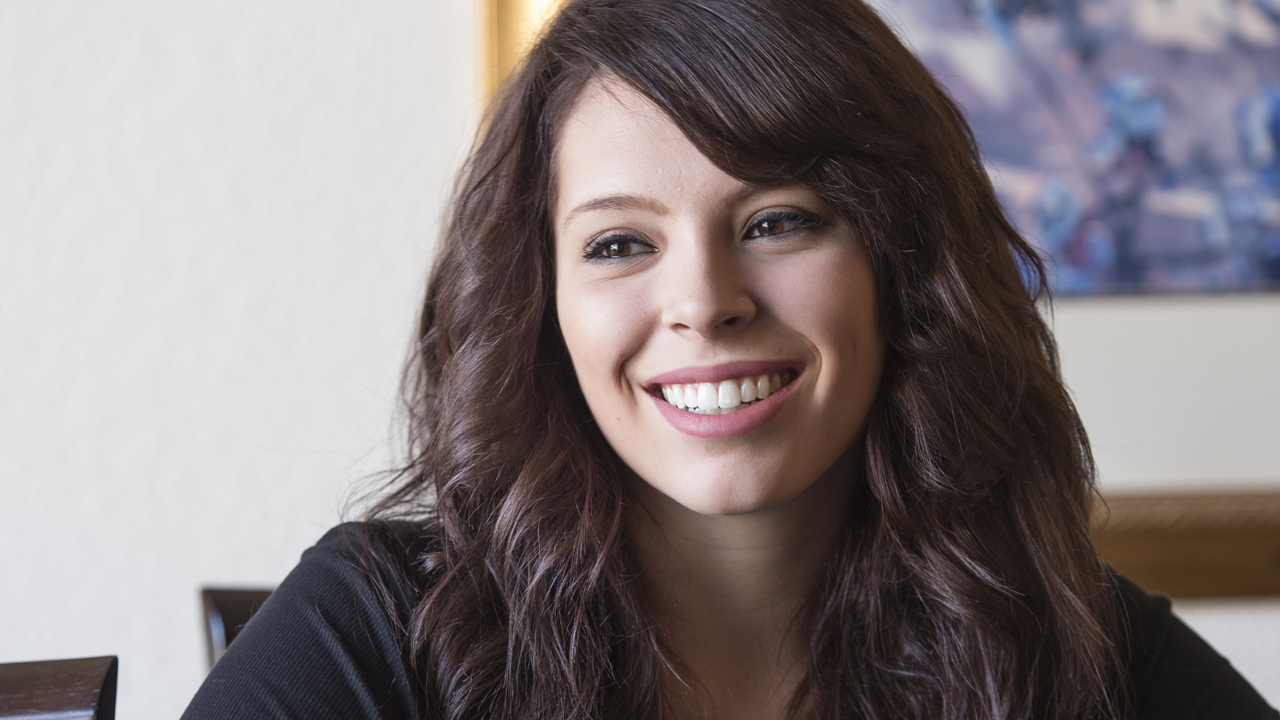- Doctors & Departments
-
Conditions & Advice
- Overview
- Conditions and Symptoms
- Symptom Checker
- Parent Resources
- The Connection Journey
- Calm A Crying Baby
- Sports Articles
- Dosage Tables
- Baby Guide
-
Your Visit
- Overview
- Prepare for Your Visit
- Your Overnight Stay
- Send a Cheer Card
- Family and Patient Resources
- Patient Cost Estimate
- Insurance and Financial Resources
- Online Bill Pay
- Medical Records
- Policies and Procedures
- We Ask Because We Care
Click to find the locations nearest youFind locations by region
See all locations -
Community
- Overview
- Addressing the Youth Mental Health Crisis
- Calendar of Events
- Child Health Advocacy
- Community Health
- Community Partners
- Corporate Relations
- Global Health
- Patient Advocacy
- Patient Stories
- Pediatric Affiliations
- Support Children’s Colorado
- Specialty Outreach Clinics
Your Support Matters
Upcoming Events
Mental Health Town Hall
Tuesday, April 23, 2024Join Children’s Hospital Colorado pediatric experts for a virtual...
-
Research & Innovation
- Overview
- Clinical Trials
- Q: Pediatric Health Advances
- Discoveries and Milestones
- Training and Internships
- Academic Affiliation
- Investigator Resources
- Funding Opportunities
- Center For Innovation
- Support Our Research
- Research Areas

It starts with a Q:
For the latest cutting-edge research, innovative collaborations and remarkable discoveries in child health, read stories from across all our areas of study in Q: Advances and Answers in Pediatric Health.


Alexa: The Above-Average Life of a Teen with a Deadly Disease

Renae Malara does her best to maintain her body weight near her daughter Alexa’s, which can’t be easy when Alexa is 19 and Renae is, well, not 19. But it needs to stay pretty close to the same for Renae to be a good donor match; if Alexa’s liver ever failed, Renae would donate half of her own. That day hasn’t come yet, but there’s about a 40% chance that one day it will.
Born deeply jaundiced, Alexa was quickly diagnosed in the Pediatric Liver Center at Children’s Hospital Colorado with biliary atresia, a rare and deadly condition in which the immune system attacks the ducts that transmit bile from the liver to the intestines. An untreated infant would be unlikely to make it to 2 years old.
The Kasai procedure
Alexa’s case was aggressive: scarring had clogged her main bile duct and within days of her diagnosis, Children’s Colorado's Fritz Karrer, MD, pediatric surgeon, removed and replaced it with a section of her small intestine, a surgery known as the Kasai procedure. “Dr. Karrer canceled his vacation to do the Kasai,” Renae recalls.
Though rare, biliary atresia accounts for nearly 50% of pediatric liver transplants in the United States. In the years before Alexa was born, the Kasai was basically the only treatment.
“In the early 1980s, care was fragmented, very siloed,” recalls Michael Narkewicz, MD, Alexa’s pediatric hepatologist at Children’s Colorado for the last 19 years. “Kids came, they saw the surgeon, the surgeon would operate, and that was it.”
Infants often underwent multiple operations, and when the operations stopped working, liver transplantation was the only option. “We were one of the first centers to realize that care for biliary atresia requires a multidisciplinary approach,” says Dr. Narkewicz.
The Pediatric Liver Center began in 1985 as one of the first multidisciplinary centers focused on children with liver disease. For Alexa, while Dr. Karrer performed the Kasai, Dr. Narkewicz and a team of pediatric hepatologists, nutritionists, clinical nurse specialists, social workers and others coordinated every aspect of her care, from her operation to her medication to her diet. “Prior to the formation of this center,” says Dr. Narkewicz, “nobody was doing it that way.”
Holistic treatment for biliary atresia
Central to the model of care was identifying new ways to treat not just the scarring of biliary atresia, but the many associated complications: cholestasis, vitamin deficiency and infection. Working with Ronald Sokol, MD, another longtime pediatric hepatologist at Children’s Colorado, Dr. Narkewicz was among the first to apply research suggesting ursodeoxycholic acid, a compound that debuted in the late 80s to treat gallstones in adults, could improve bile flow in kids with biliary atresia. Alexa was one of the first kids to be treated with the drug. She’s been taking it nearly her whole life.
It’s since become a treatment standard. “Every kid with biliary atresia takes Urso now,” says Dr. Narkewicz. “Of course, not all of them have the outcome Alexa’s had.”
Still, at least in part thanks to a lifetime of comprehensive care, Alexa’s outcome has been very, very good. She’s enjoyed a remarkably normal 19 years of life, even a love of playing sports: swimming, tennis and field hockey, her favorite. Now an undergrad at Colorado State University, she’s aiming for an MBA and a career in sports marketing. She’s on a good track. The mass of college credits she earned via an accelerated high school program will allow her to graduate a year ahead of schedule. “She’s very disciplined,” her mother says.
A standard college career
Aside from being ahead of the game, she’s had a pretty standard college career. She haunts a coffee shop in an alley near campus. She joined a sorority. And like all college kids, she goes to parties — although she can never drink. “I’m always the DD,” she jokes.
“You’re not missing much,” says Renae.
Alexa laughs. “That’s what I find out at the end of the night.”



 720-777-0123
720-777-0123



